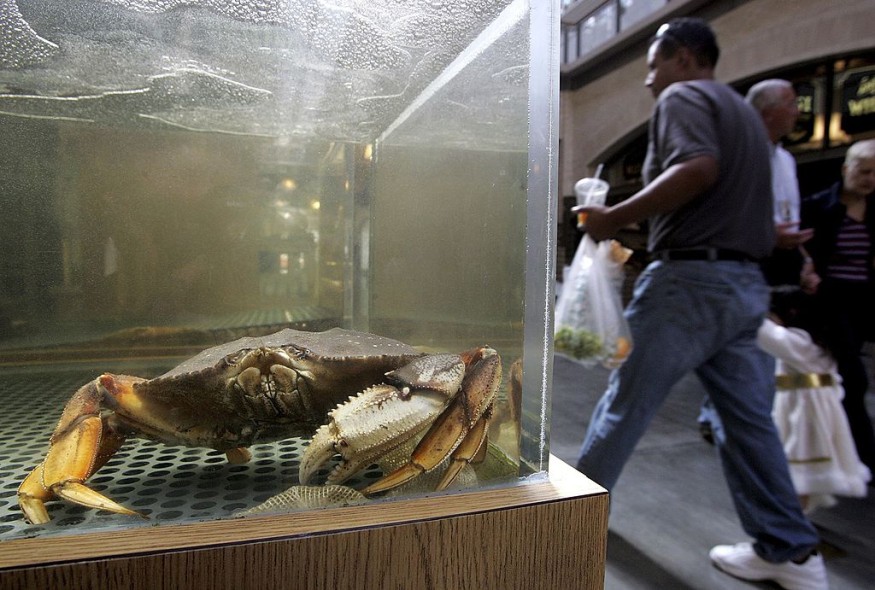
Non-human animal testing, also known as animal experimentation, has long contributed to scientific and biological studies, and is also widely used to develop new medicines or test the safety of other products. However, these animals, especially mammals, have been attributed with rights over the years.
In the UK, a bill protecting animal welfare (Sentience Bill), soon to be known as the Animal Welfare (Sentience) Act 2022, is awaiting royal consent after being approved by parliament this month. Along with the recognition of animal sentience in UK law is curbing of scientific experiments on crabs and lobsters, The Guardian reported.
While strict welfare laws have been observed with scientific experiments on mice and other mammals, there were only a few established restrictions on how crustaceans and decapods can be treated in scientific studies. Commonly used in experiments to look into ocean pollutants, these animals are barely registered nor counted, but this is about to change.
Do Crabs Have Feelings?
The Guardian found that crabs and lobsters were recognized as sentient beings and could feel pain, suffering or distress, which calls for imposing restrictions in scientific experiments, and drove animal protection advocates to secure over 100,000 signatures in the campaign for a sentience Bill back in 2019.
"Animals enrich and improve our lives in so many ways, so it is only right that we give them our full respect in law. From the smallest mouse to the largest whale, our decisions can have a huge impact on the welfare of animals, and I'm thrilled that this new law will now mean all government departments will have to show how they're giving animals the consideration and protection they deserve," celebrity Alesha Dixon told Humane Society International.
Unlike mice, octopuses and various other animals, crabs and lobsters are not included in the Animals (Scientific Procedures) Act 1986, which means that they can be experimented on without licenses or training.
Robert Ellwood, professor emeritus at the school of biological science at Queen's University Belfast, also found that crabs and lobsters feel pain in their research and welcomed the potential legislative development.
A Step Forward to Protecting Crustaceans and Decapods
Ellwood further narrates that the restriction must be applied to the commercial fishing industry as well and accept that these animals are sentient and experience pain.
"I would see this as a problem if they still leave millions of animals in commercial practices that are treated the same as before," said Ellwood. "To ask scientists to go through all sorts of regulations that affect their work but allow these animals to be boiled alive at will would be unfair," he added.
"It is asking for more rules, regulations and red tape, it will take longer to conduct an experiment, but that is a good thing, if it is applied across the board."
Dr Penny Hawkins, the head of the animals in science department at the RSPCA, also deems it unthinkable to experiment on animals without proper regulation and ethical review. Since evidence has been asked and already been collected, Dr Hawkins believes that the time to regulate decapod use is now.
Related article : 7 Disturbing Facts That Reveal the Mean Side of Dolphins
© 2025 NatureWorldNews.com All rights reserved. Do not reproduce without permission.





